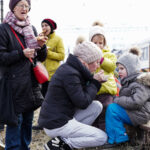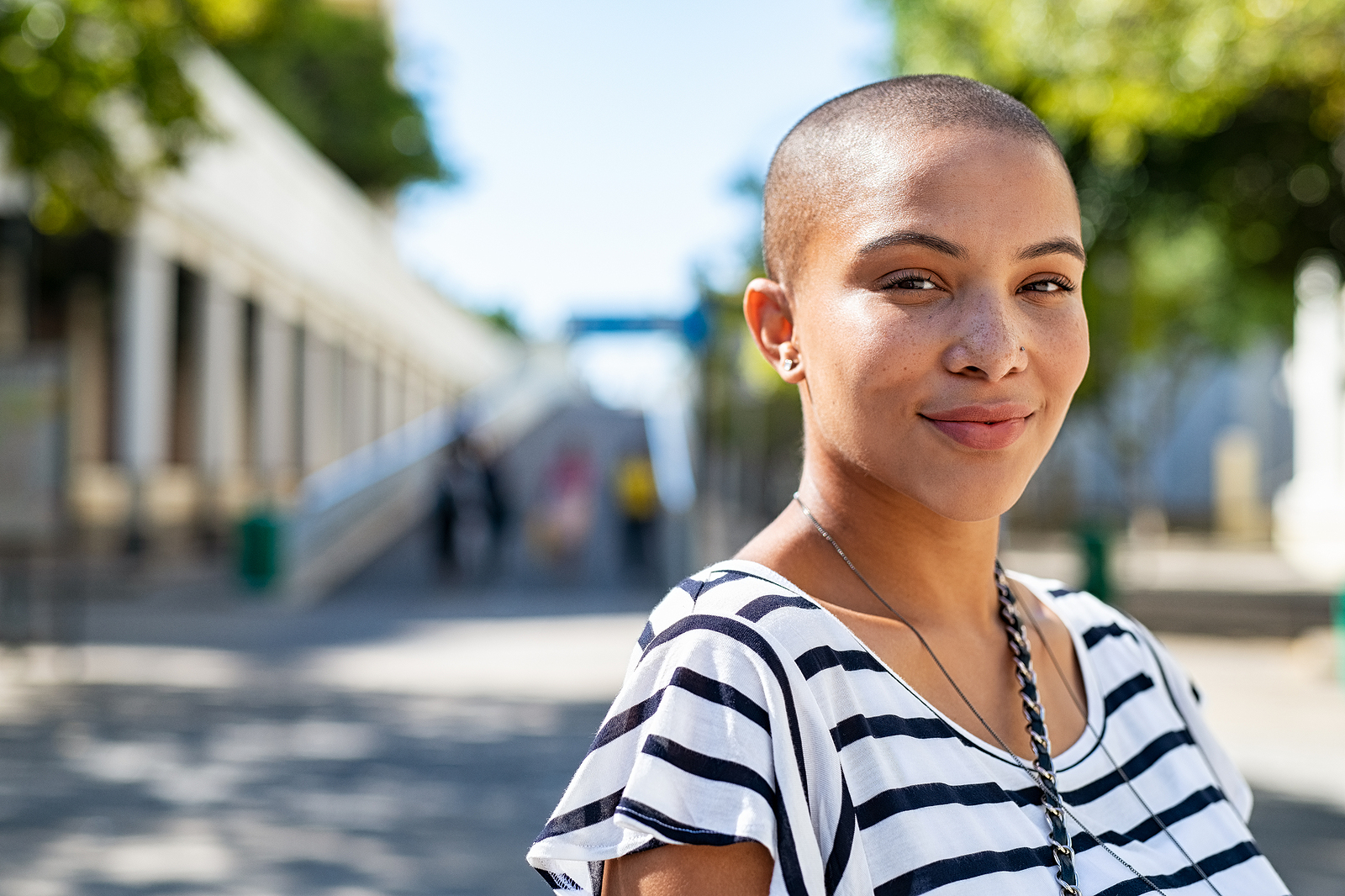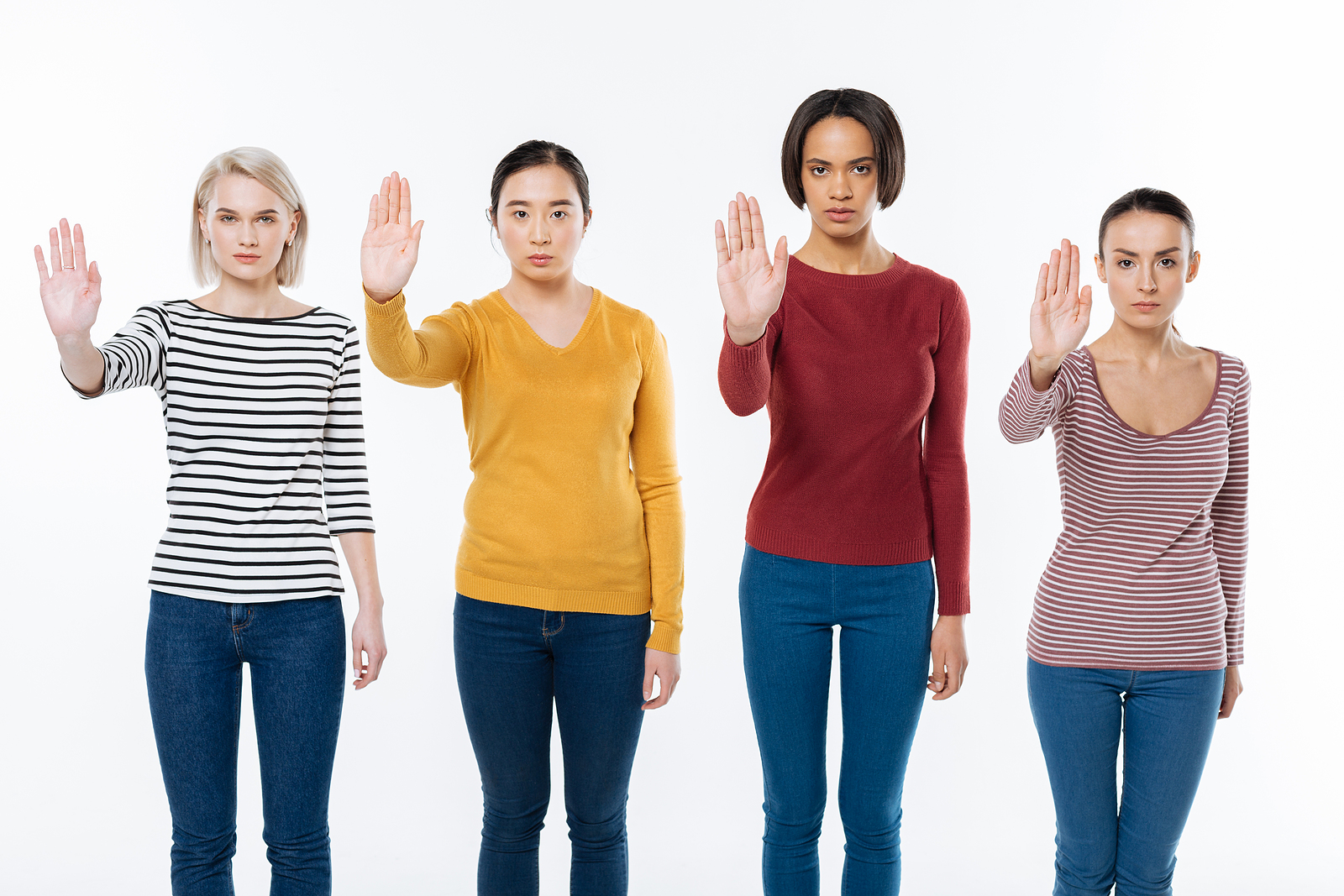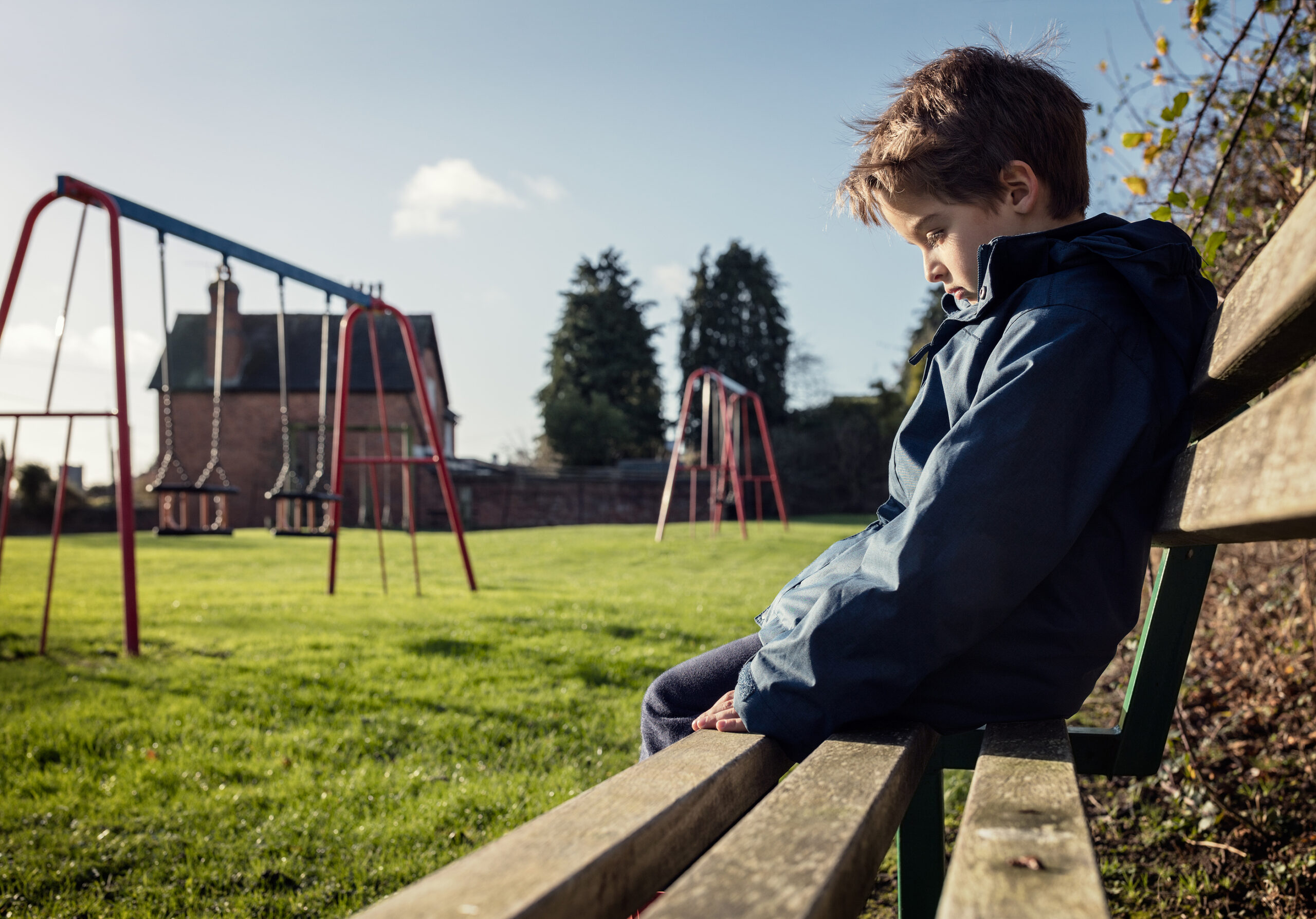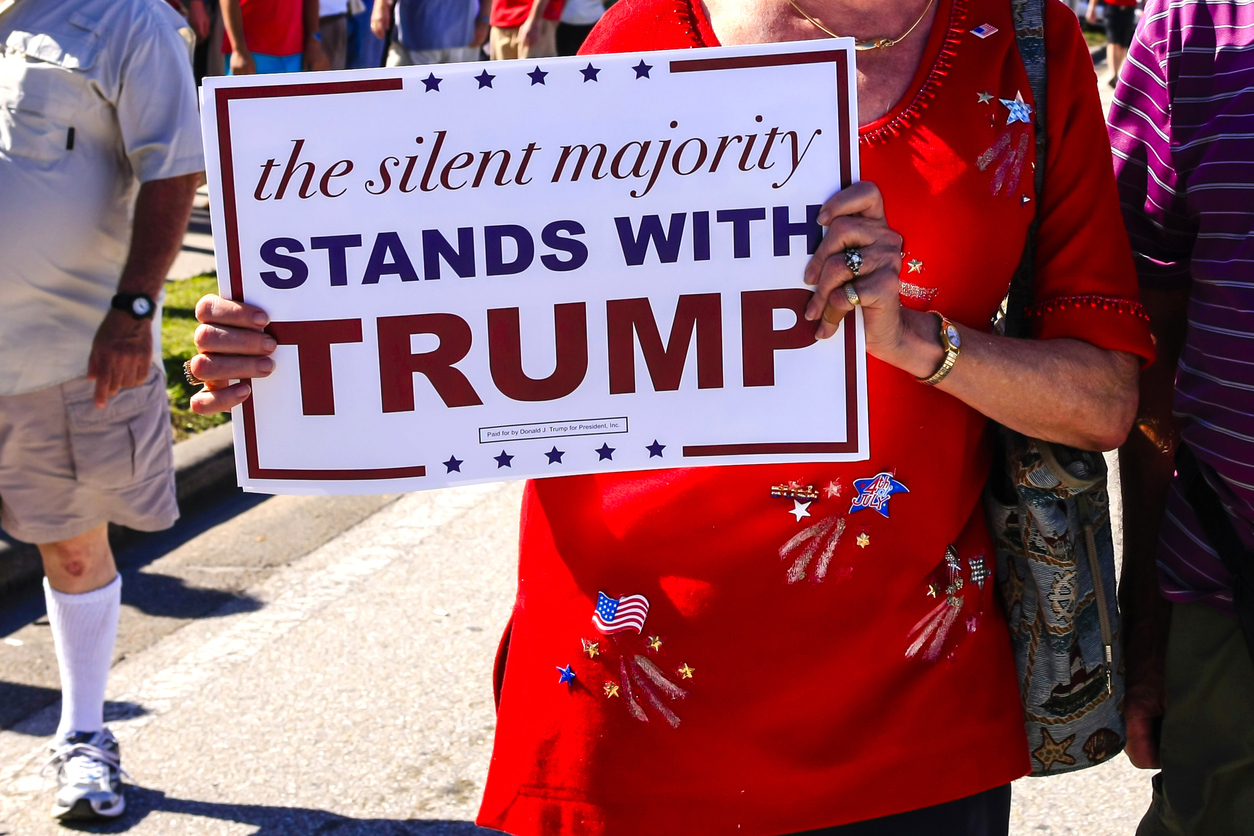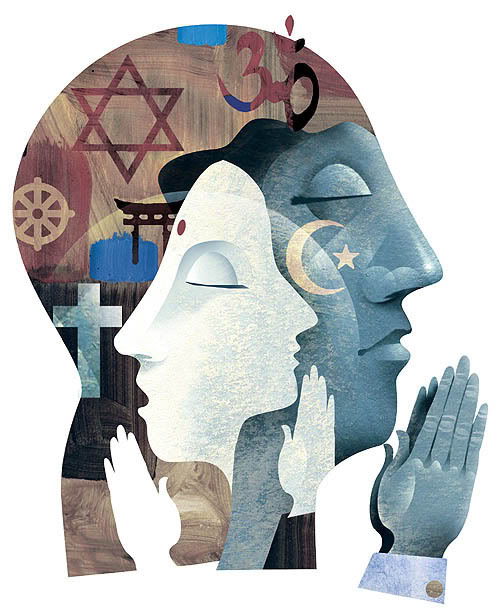Them People
By Carole Harris Barton
I saw her on the street when I entered the coffee shop. Waiting for my drink, I silently hoped the homeless woman would be gone when I left. She wasn’t. She’s going to hit me up for a handout, I just know it.
“Hey, lady,” said the pale sixtyish woman, her thin face deeply furrowed. “Which way you goin’? I need a lift downtown.”
“Sorry,” I replied, hoping my relief wasn’t obvious. “I’m not going that way.”
“But you could, couldn’t you?” Her eyes were clear and steady.
The truth in her question dissolved my defenses. “Sure,” I said, struggling to shake off my concern about allowing a stranger in the car with me. What if I get her where she wants to go and she won’t get out of the car unless I give her money? What if she’s a decoy for a thug who plans to hijack me when I stop to let her out? What if…
She gave her destination as a major intersection downtown, and we got into my car. Along the way, she told me her story. Her husband had assaulted her and literally thrown her out of their apartment. She had found a job cleaning floors at a fast food restaurant and had taken a room in a low-budget motel.
“I just got out of the hospital,” she said, her face cleanly scrubbed and her plain cotton shirt freshly laundered. “I was in there three whole days, sick as a dog every day. Got sick on the food the church on Princess Anne Street serves on Thursday nights.”
She sighed, glanced at me, and looked away. “Them people don’t care nothin’ aboutcha, though. They’re hypocrites. They serve us leftovers, or whatever the grocery stores are throwing away—you know, spoiled food and stuff. They think we don’t know no better.”
I knew about the free community dinner the church serves every Thursday night. I also knew that church volunteers work for hours each week selecting nutritious food, preparing it, and serving it with care. I doubted that an illness that lasted three days was due to food poisoning, but I suppressed the urge to argue. My passenger had become ill after eating at the church, and she was convinced the food was tainted.
Soon we reached her destination and I stopped the car. “Thanks,” she said, flashing me a gap-toothed smile as she opened the door. “You’re an angel.”
“No,” I protested, “I’m not an angel. I’m just a Christian trying to do the right thing.”
“Oh, yeah?” she said, her curiosity piqued. “Where you go to church at?”
I was almost embarrassed to admit it. “The church on Princess Anne where they serve the Thursday night dinners.”
“Naw,” she argued, “you’re an angel. You don’t go to that church.”
“Yes, I’m afraid I do.”
“You mean you’re one of them people?” she asked skeptically. “But you gave me a ride. How come you gave me a ride?”
“Because you needed it.”
She stepped out of the car onto the sidewalk. “But I thought them people didn’t care nothin’ aboutcha,” she muttered, clearly puzzled as she closed the door behind her.
I watched as she disappeared around the corner shaking her head. Silently, I shook mine. No, I was not an angel, but she was—an angel who made me grateful to be one of “them people.”
_________________________
Carole Harris Barton, wife, mother, and grandmother, has authored two books since her retirement from a career in public service. When God Gets Physical is an inspiring collection of true stories about people who heard God’s voice, felt his touch, or saw a sign of his presence. Rainbows in Coal Country is a memoir about her childhood adventures at the coalmine in Kentucky where her father worked. Carole lives in Clearwater, Florida, where she is active in church and music groups. She is the primary caregiver of her husband, one of the estimated 5.4 million Americans living with Alzheimer’s disease.
Originally published October 31, 2012









